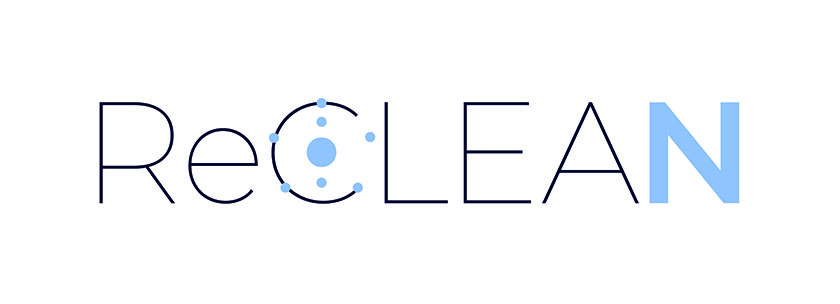Department Water Resources and Drinking Water
ReCLEAN

Abstract
ReCLEAN is an ETH Domain Joint Initiative in the Strategic Area “Energy, Climate and Sustainable Environment”, uniting five institutions of the ETH Domain: EPFL, ETH Zürich, PSI, WSL and Eawag. This Joint Initiative aims to holistically understand and quantify nitrogen fluxes across and within all of Earth’s compartments to predict the effects of energy transition and environmental changes from other drivers (climate change) and provide stakeholders and policymakers with the most informed possible outcomes of future scenarios and policy in Switzerland.
At Eawag, predictive models using machine learning techniques are being applied to create vulnerability maps of Swiss groundwaters toward nitrate pollution and to understand the main environmental and anthropogenic drivers and their interactions in explaining high nitrate levels. The geospatial modeling framework will integrate information from models of the other compartments and will be used for scenario testing to forecast how future changes in climate, energy policies and agricultural management will affect nitrate levels in groundwater and aquifer vulnerability risks at the (sub-) catchment level in Swiss regions.
Details
Nitrogen (N) is a critical element for life that occurs in all of Earth’s compartments. However, several N species, referred to as reactive nitrogen (N), cause major environmental issues impacting climate, air quality, ecosystems, and human health. Anthropogenic N inputs exert multiple interconnected adverse effects in all compartments:
Natural ecosystems, especially forests, suffer from loss of biodiversity and soil quality and increased vulnerability to extreme events.
Excessive releases of nitrate (NO3-), mainly from agriculture, lead to widespread exceedances in groundwater.
The interplay of N and soil properties is at the origin of laughing gas (N2O), which is currently the most rapidly increasing greenhouse gas. N2O is also a growing source of NOx to the stratosphere, where it damages the ozone layer, which in turn feeds back to human and ecosystem health due to increased UV-B radiation exposure.
The N imbalance in agricultural soils further leads to the emission of NH3 to the atmosphere, feeding back with the air quality aspects mentioned upfront.
Decarbonization of energy production will reduce NOx emissions from fossil fuel combustion and increase NOx and NH3 emissions due to the combustion of biofuels or biomass. Using agriculture for renewable energy (biofuels) will increase the demand for chemical fertilizers. At the same time, the globally rising per capita consumption and urbanization accelerate N pollution to atmospheric and aquatic systems in many regions of the world, including Switzerland.
Therefore, the energy transition has a poorly understood impact on the complex N cycle in the connected atmospheric, terrestrial and aquatic environments. The lack of an integrative multi-compartment research approach hinders a more proactive strategy for establishing predictive outcomes. These outcomes must form the base of the environmental, ecosystem, and health-related policies and accompanying measures to allow for an energy transition, which is sustainable in terms of the N budgets.
ReCLEAN is motivated by the following critical questions:
Question 1: What is the contribution of energy production-related NOx to the N-budget in the ecosystems relevant for Switzerland? How does the energy transition change that?
Question 2: How will the nitrate levels in groundwater, resolved for alpine areas vs the Swiss plateau, forest vs. agroecosystems, develop under future scenarios of changes in energy policy, climate, and agricultural management practices?
Question 3: How does the energy transition affect the vulnerability of ecosystems (agricultural, forested, and grasslands) triggered by changes in atmospheric NOx?
Team
Prof. Athanasios Nenes – EPFL (Projekt PI)
Laboratory of Atmospheric Processes and their Impacts, School of Architecture, Civil & Environmental Engineering
École Polytechnique Fédérale de Lausanne
CH-1015 Lausanne, Switzerland
Tel. :+41 21 69 38031
Mail: athanasios.nenes@clutterepfl.ch




